Black Friday / Cyber Monday 25% OFF (Everyone) + FREE SHIPPING (U.S. Orders over $60)
Menu
-
- Home
-
About Us
-
The Approach
-
Linking Language & Literacy
-
Professional Learning
-
Learning Resources
-
SHOP
-
Blog
-
- About MindWing
- Our People
- Contact Us
- Your Account
- Login
-
Spain (EUR €)
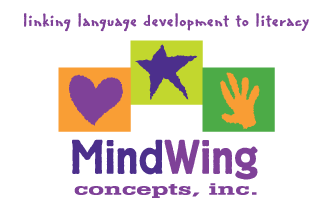
Black Friday / Cyber Monday 25% OFF (Everyone) + FREE SHIPPING (U.S. Orders over $60)
MindWing Concepts Blog
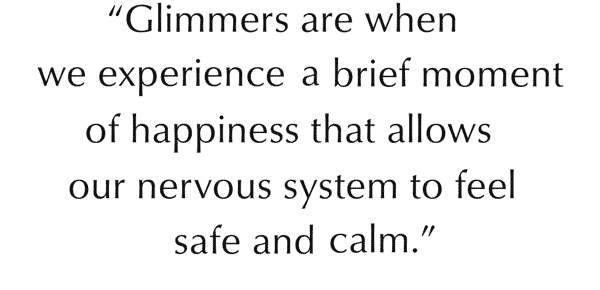
Tool Tuesday: Gratitude is a Little Story (With Typable Lesson Material!)
November 20, 2025
I almost dislike writing about gratitude at Thanksgiving time, as it is a practice that is self-regulating all year round. It is well documented that regularly steering our thinking toward gratitude helps override our brain’s negativity bias and train ourselves to notice positive elements of life, with influence on our mood, and therefore our executive functioning. Recent discourse around gratitude has created the term “glimmers,” serving as the opposite of “triggers.” Glimmers are small observations that help calm our nervous systems....

Downloadable Lesson Material
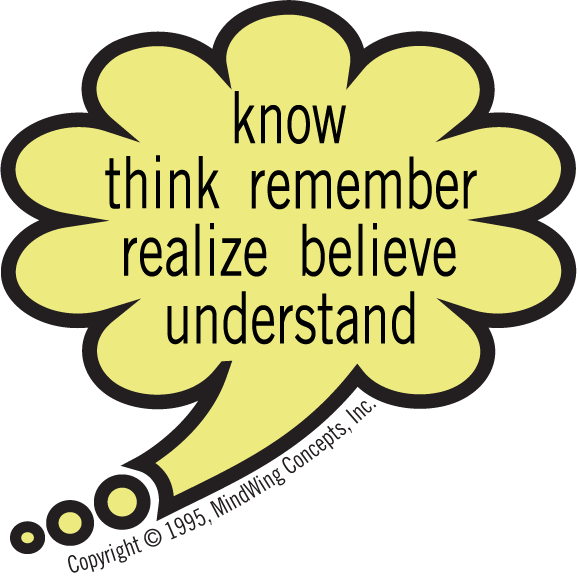
Tool Tuesday: Thought Balloons!
October 27, 2025
 A thought balloon is a very valuable tool. It provides a visual scaffold that opens doors to that “landscape of consciousness” that is characteristic of the later stages of the narrative developmental sequence (stages 4-7). As such, it’s the gateway to perspective-taking! I’ve become enamored with Story Grammar Marker’s thought balloon icon, accessed among other ways through MindWing’s Digital Icons Set and The Critical Thinking Triangle in Action. Working with neurodiverse clients, this icon provides a key cue toward using mental state verbs and adeptness with reading others’ thoughts and intents...
A thought balloon is a very valuable tool. It provides a visual scaffold that opens doors to that “landscape of consciousness” that is characteristic of the later stages of the narrative developmental sequence (stages 4-7). As such, it’s the gateway to perspective-taking! I’ve become enamored with Story Grammar Marker’s thought balloon icon, accessed among other ways through MindWing’s Digital Icons Set and The Critical Thinking Triangle in Action. Working with neurodiverse clients, this icon provides a key cue toward using mental state verbs and adeptness with reading others’ thoughts and intents...
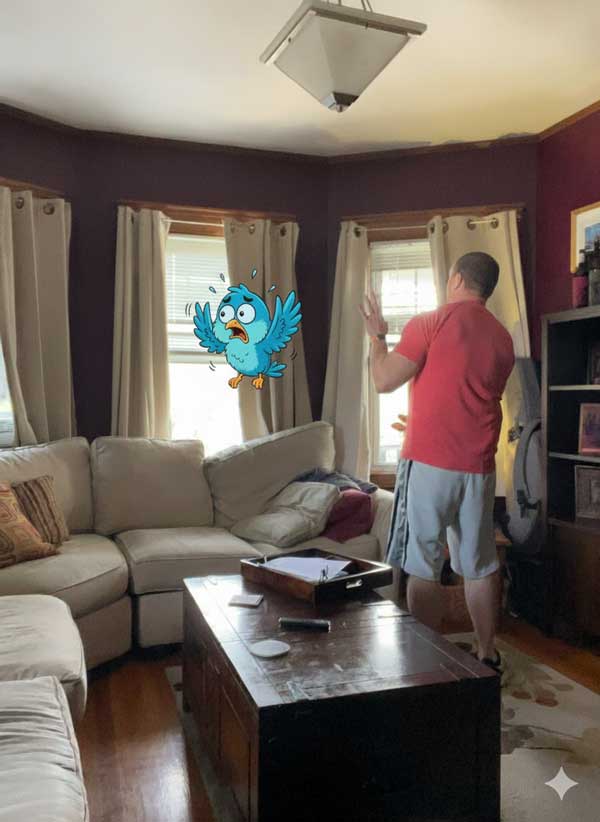
Tool Tuesday: Make a Photo into a Story!
October 06, 2025
McCabe and Rollins (1994) perfectly describe the value of model stories in their article on eliciting narratives: “In spontaneous interactions, you have to tell a story to get a story. Almost everyone has experienced awkward silences in social situations. No one can think of a thing to say. However, the minute one person launches into a tale about locking keys in his or her car or leaving lights on in a parking lot, virtually all others in the group share a similar incident that happened to them.”
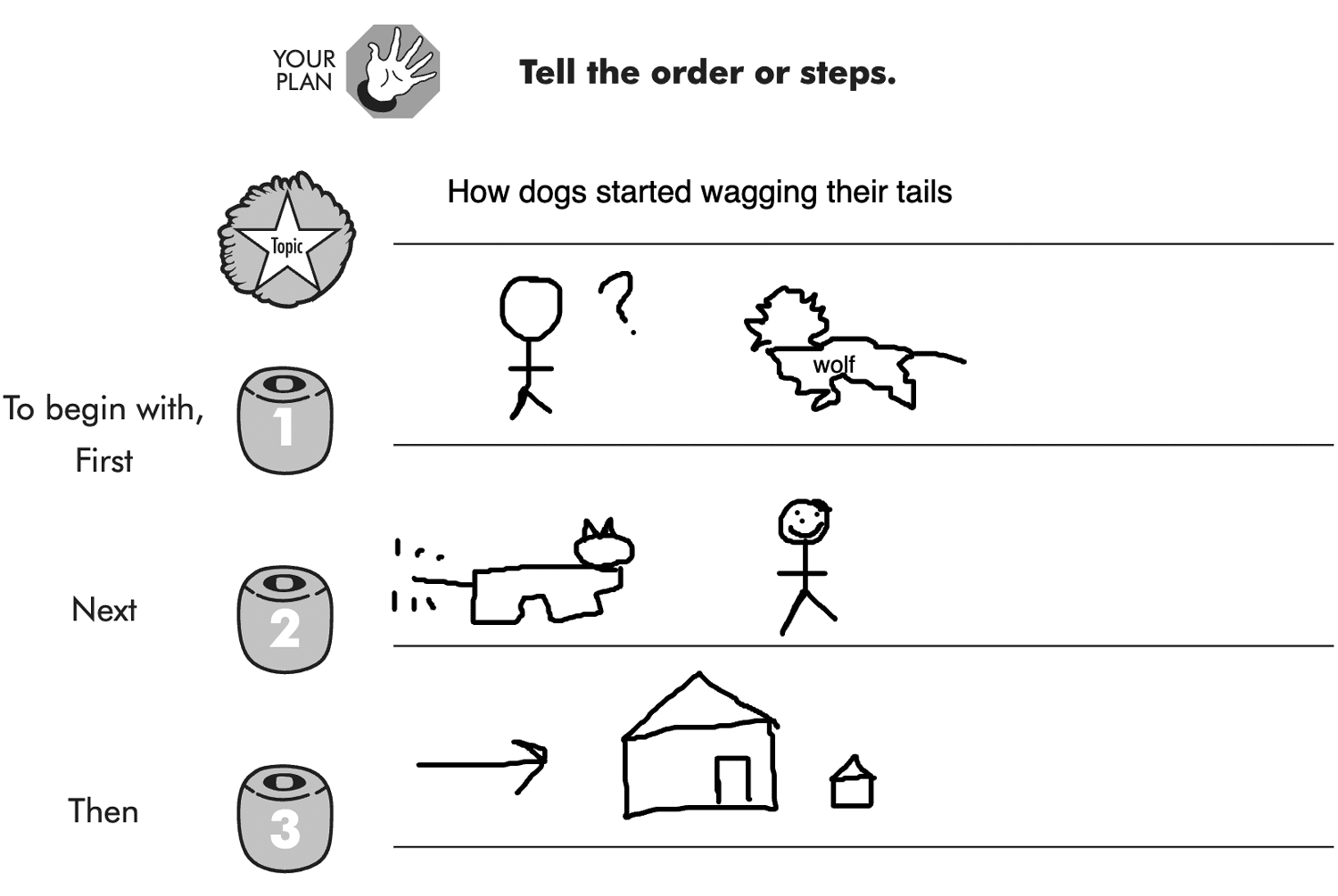
Tool Tuesday: Summer Study Series, Part 3—Expository Intervention Research!
August 25, 2025
Sketch and Speak works like it sounds, scaffolding students’ use of pictography, or quick sketches, to visualize details of an expository passage, followed by their oral description. This process has terrific synergy with MindWing’s methodology and materials, particularly ThemeMaker, as structural comprehension approaches (i.e. ,analyzing List, Sequence, Description, Compare-Contrast, and other structures) go hand-in-hand with developing understanding of the expository content. In fact, MindWing’s Expository Maps go so well with this strategy, they can literally be used as the space for it.
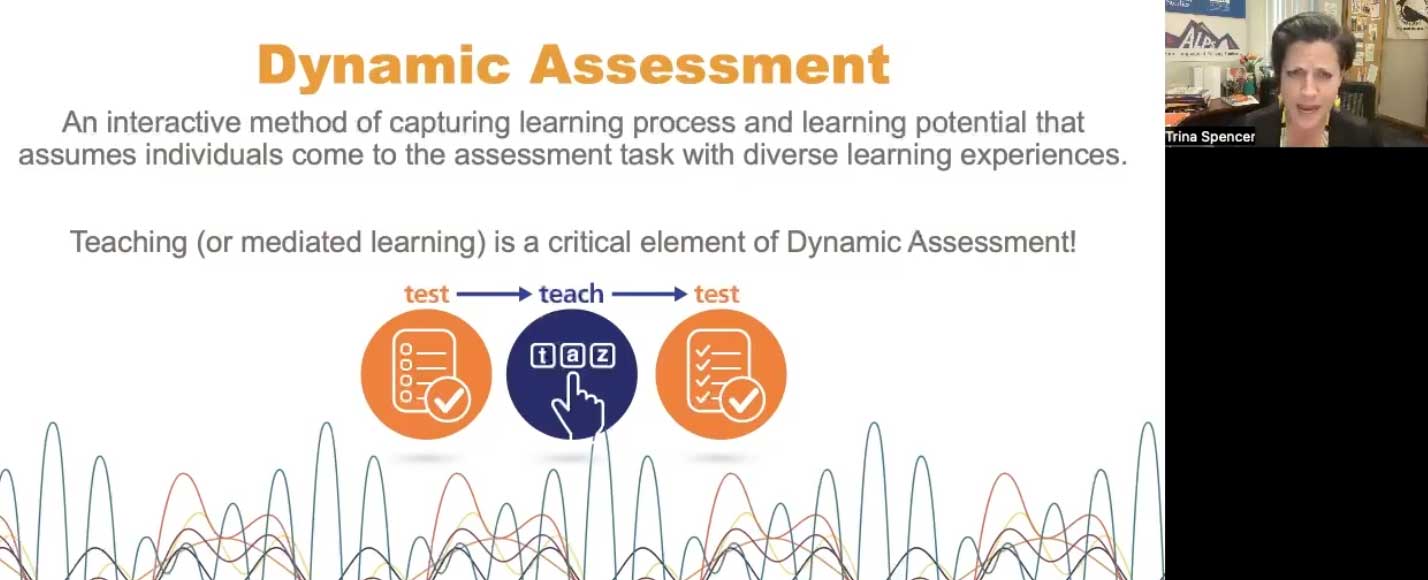
Tool Tuesday: Summer Study Series, Part 2–Thinking about CRISP weather?
July 28, 2025
The American Speech‑Language‑Hearing Association (ASHA)’s CRISP Committee (Clinical Research, Implementation Science, and Evidence-Based Practice) has developed a series of nine modules on evidence‑based and best practices assessment, which would serve as a great self-guided study activity as we think about the fall! The site, hosted on ASHA’s Teaching, Learning & Research (TLR) Hub, grabbed my eye since it relates to narrative as a critical aspect of any speech-language assessment, and in particular, MindWing’s tools for supporting these processes, including Story Grammar Marker®...
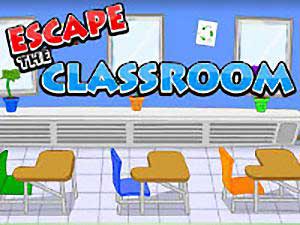
Tool Tuesday: Summer Study Series, Part 1—Getting Gamey!
June 23, 2025
Happy Summer! Each year we set aside these few months on the blog to explore some recent research articles and literature that have relevance to MIndWing’s tools and narrative and expository language supports. This month we check out the first of a two-part article discussing game-based learning (GBL), a popular approach for engagement in classrooms, which can be found at Getting Serious About Games: Exploring How Game-Based Learning Is Used in Education and Therapy. The piece has many points that relate to how games can be used as a language and learning context...
